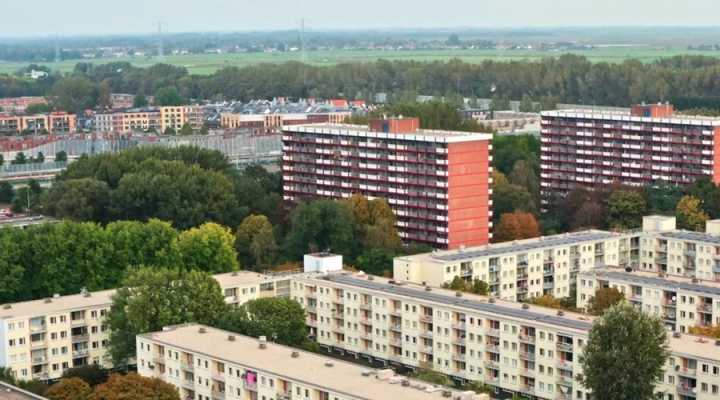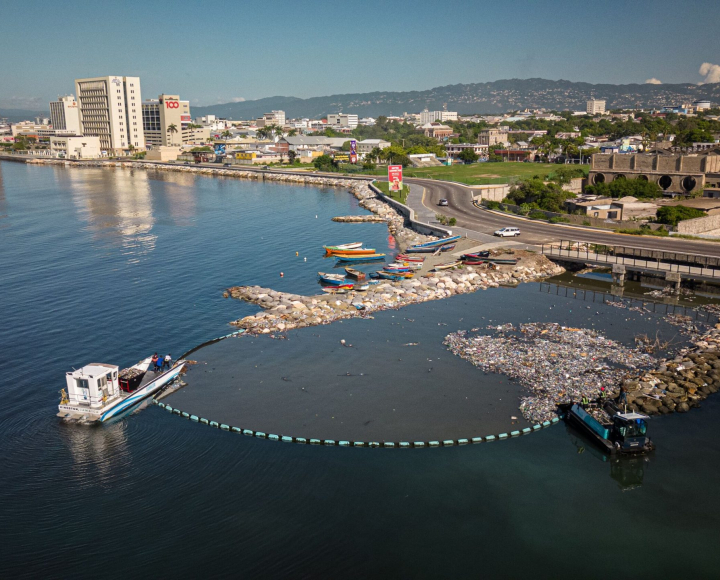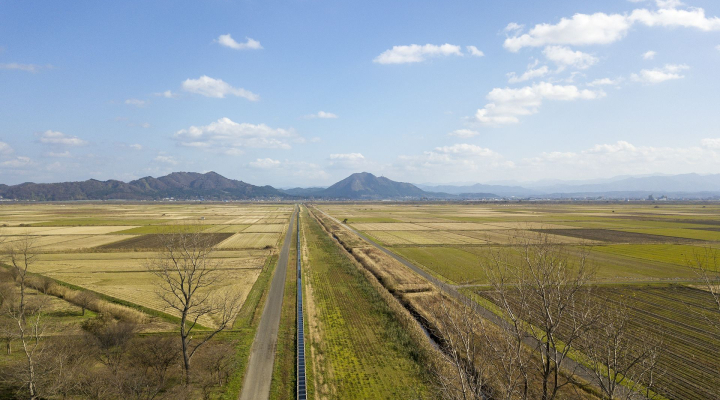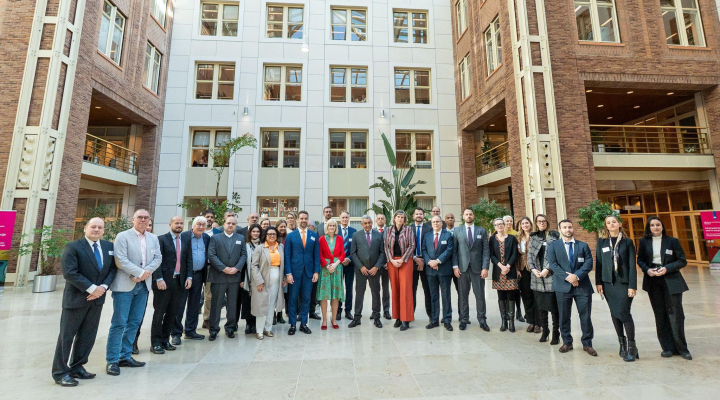Nepal: free from open defecation
On 30 September, the Prime Minister of Nepal, KP Sharma Oli, declared all 77 national districts free from open defecation. Building on this momentum, the government announced a new national campaign to address long-term behavioral changes. Organisations involved to realise this achievement includes Dutch-based SNV.
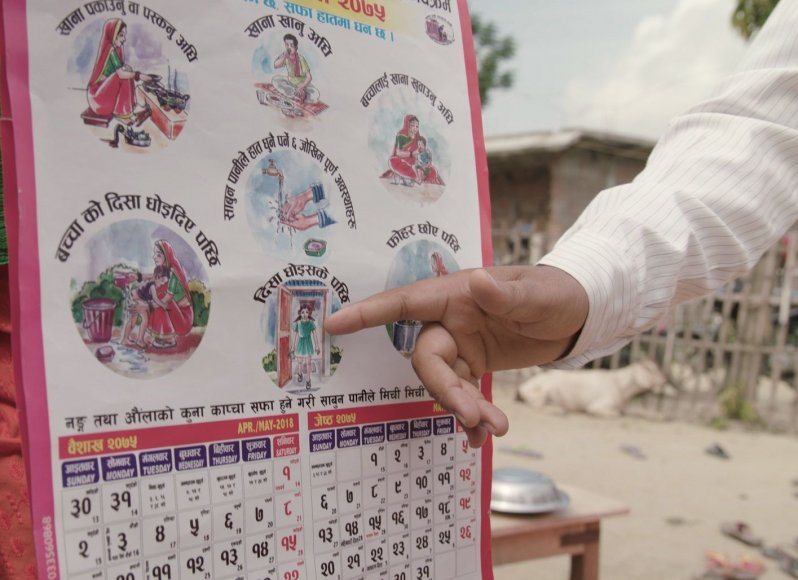

Many years of hard work
The news of the ODF-declaration and the new campaign is expected to give an extra boost to the country’s battle against water-borne diseases such as diarrhea, dysentery, typhoid, gastroenteritis and cholera.
The declaration is the result of hard work by many organisations and the Nepali government to promote the health risks of open defecation and to provide safe sanitary alternatives. One of the organisations active in Nepal is Dutch-based SNV that runs the Sustainable Sanitation and Hygiene for All (SSH4A) programme in Sarlahi district since 2004.
On the occasion of the ODF-declaration, programme leader Ratan Bahadur Budhathoki of SNV Nepal wrote a blog on the hurdles that have been overcome.
Lack of anything
SSH4A-programme leader Ratan Bahadur Budhathoki started his work for SNV in the Sarlahi district in 2014. In his blog he recalls his arrival in the district, having passed through unpaved, dirt roads, lacking coordination, logistics and information about the market potential.
He also recalls the low confidence in the process by people as well as district officials. Many people felt disengaged from the decision-making process as their voices and opinions were not being heard. There was little trust in local leaders and a lack of social harmony. District officials assumed that it was impossible to accelerate positive sanitation changes. They felt that the district’s high rates of poverty required government subsidies to realize improvements, he writes.
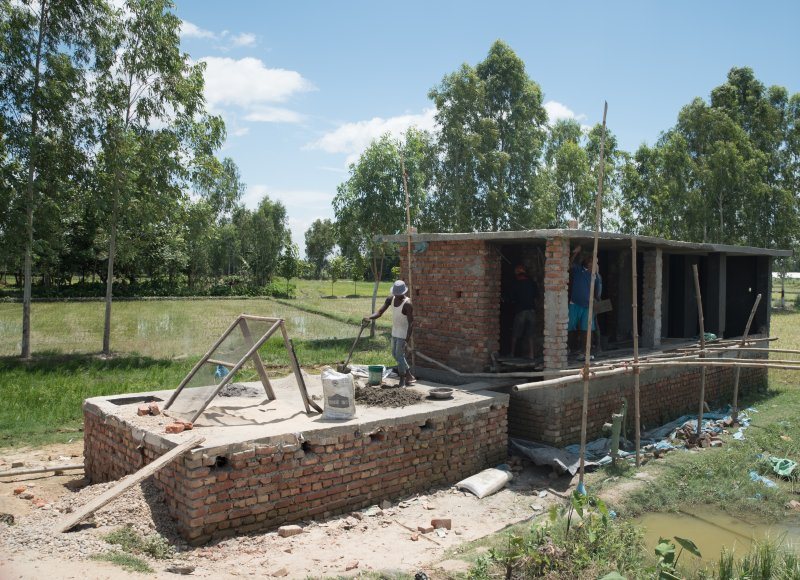

Private versus public
Majority of household heads held the perception that the cost to construct a toilet was beyond their capacity and means. On the other end of the spectrum, households with the materials to start construction, such as rings with slab, opted to wait for government subsidies.
A similar attitude was shared by some households with better economic status; specifically, those who knew of the sanitation support arrangements for households across the Indian border.
New mind-set
The practice of open defecation was enculturated, Bahadur Budhathoki recalls. Mind-sets had to be changed and misinformation had to be addressed.
Along the paths and outskirts of every settlement, adults, youth and children defecated openly. Women had to develop coping mechanisms to ensure that they could defecate in ‘private’. Some went during the early mornings or late evenings. Newly married women living in the family home of their husbands consumed little food to control the ‘need to go’.
Successful cooperation
The above challenges all seemed insurmountable. But, in a matter of five years, the eight most challenging districts of terai-madhesh – including Sarlahi – became open defecation free.
He ends his blog mentioning the many parties that have been involved. 'For me, government leadership, development partners with dedicated professionals, and civil society partnerships with community, private sector, local volunteers and media were the key success factors in overcoming the above-mentioned obstacles.'




